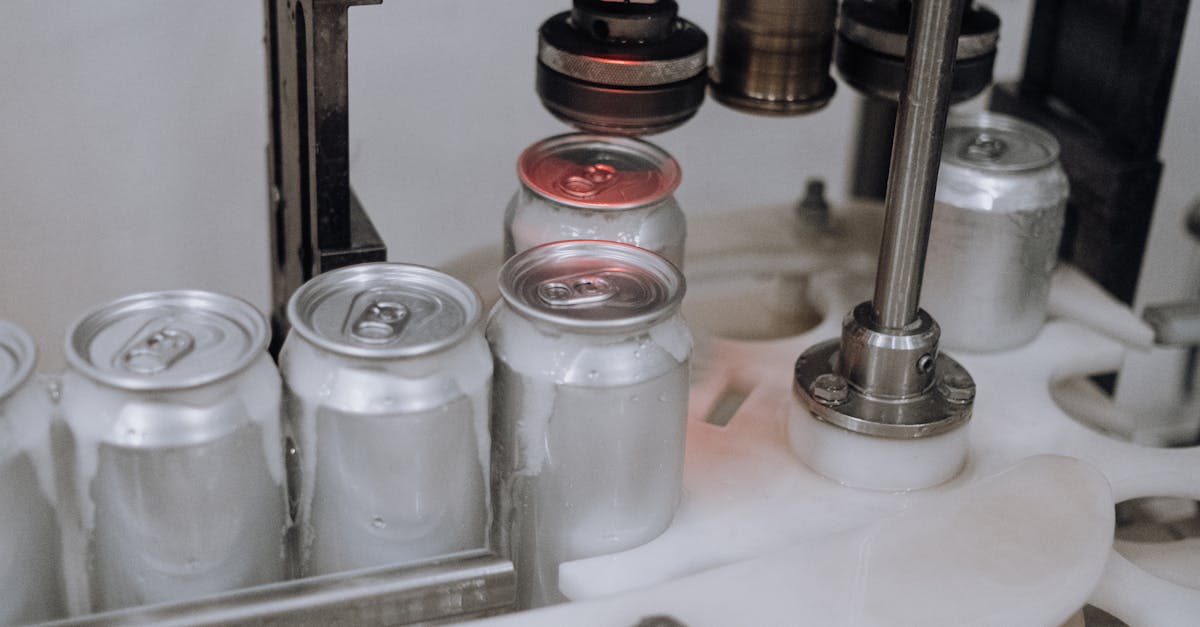In the competitive world of HVAC services, staying ahead requires more than just technical expertise. Implementing a Customer Relationship Management (CRM) system tailored for HVAC can significantly enhance your business operations, customer satisfaction, and overall profitability. This article explores the key advantages of HVAC CRM systems, providing you with insights that can help propel your business forward.
| Benefit | Description |
|---|---|
| Improved Customer Management | Streamlines customer interactions and maintains detailed profiles. |
| Enhanced Scheduling | Automates scheduling and dispatching to optimize service efficiency. |
| Increased Sales Opportunities | Identifies upsell and cross-sell opportunities through data analysis. |
| Better Communication | Facilitates communication between field technicians and office staff. |
| Data-Driven Insights | Provides analytics and reports to inform business decisions. |
| Customer Retention | Enhances customer loyalty through targeted follow-ups and service reminders. |
| Streamlined Billing | Simplifies invoicing and payment processes for improved cash flow. |
Improved Customer Management
One of the primary benefits of HVAC CRM systems is their ability to enhance customer management. These systems allow HVAC businesses to maintain detailed customer profiles that include service history, preferences, and contact information. This centralized database ensures that all customer interactions are logged and accessible, enabling better service and personalized communication. With a clear understanding of each client’s needs, HVAC companies can tailor their services and improve customer satisfaction.

Enhanced Scheduling
Scheduling is a critical aspect of HVAC operations, and a CRM system can automate and optimize this process. By integrating scheduling tools, HVAC CRMs allow businesses to assign jobs based on technician availability, location, and skill set, reducing travel time and improving service efficiency. This automation minimizes the chances of double bookings or missed appointments, leading to a smoother workflow and happier customers.

Increased Sales Opportunities
HVAC CRM systems are powerful tools for identifying sales opportunities. By analyzing customer data and service history, businesses can uncover potential upsell and cross-sell opportunities. For instance, if a customer has a furnace serviced, the CRM might suggest maintenance for their air conditioning unit as well. This proactive approach not only boosts sales but also enhances the customer experience by providing relevant recommendations.

Better Communication
Effective communication is crucial in any business, especially in HVAC services where field technicians and office staff must work closely together. HVAC CRM systems facilitate real-time communication through integrated messaging platforms and mobile access. This means technicians can receive updates, job details, and customer requests while on the job, ensuring that everyone is on the same page and minimizing errors.

Data-Driven Insights
Data is a powerful asset for any business, and HVAC CRMs harness this power to provide valuable insights. These systems offer analytics and reporting features that help HVAC businesses track performance metrics, customer trends, and service outcomes. By leveraging this data, companies can make informed decisions about marketing strategies, resource allocation, and service offerings, ultimately driving business growth.

Customer Retention
Retaining existing customers is often more cost-effective than acquiring new ones, and HVAC CRM systems play a vital role in customer retention. By automating follow-up communications, service reminders, and loyalty programs, these systems ensure that customers feel valued and engaged. Regular check-ins and personalized offers can significantly enhance customer loyalty, leading to repeat business and positive word-of-mouth referrals.

Streamlined Billing
Billing and invoicing can be cumbersome tasks for HVAC businesses, but CRM systems can streamline these processes. By automating invoicing and payment reminders, HVAC CRMs help improve cash flow and reduce payment delays. Customers appreciate the convenience of electronic invoices and payment options, which can lead to faster payment cycles and improved financial stability for the business.

FAQs
What is HVAC CRM?
HVAC CRM refers to Customer Relationship Management software specifically designed for heating, ventilation, and air conditioning businesses. It helps manage customer interactions, scheduling, sales opportunities, and service history in a centralized platform.
How can HVAC CRM improve customer satisfaction?
By maintaining detailed customer profiles and facilitating personalized communication, HVAC CRM systems ensure that businesses can address customer needs effectively, leading to higher satisfaction and loyalty.
Is it difficult to implement HVAC CRM?
While implementation can vary based on the system chosen, most HVAC CRMs are designed to be user-friendly. Many vendors offer training and support to help businesses transition smoothly.
Can HVAC CRM integrate with other business tools?
Yes, many HVAC CRM systems offer integration capabilities with other business tools such as accounting software, marketing platforms, and scheduling applications, enhancing overall operational efficiency.
For further information, you can refer to the following trusted sources:
– [U.S. Small Business Administration](https://www.sba.gov)
– [Department of Energy](https://www.energy.gov)
– [Environmental Protection Agency](https://www.epa.gov)

